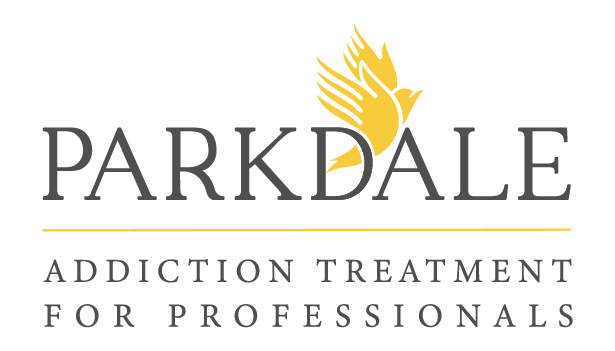Written By Ethan Bickelhaupt
Crimes and misdemeanors done at the hand of substance abusers tend to create bigger problems down the road as the threat of repeated offenses loom due to the inability of the offender to remain sober for an extended period of time. The more the addict allows victimization by the controlling substance, the more likely they will make choices that will repeatedly lead them through the legal system where they may eventually find themselves in a permanent residence behind bars. So what can be done to help prevent such a disastrous outcome down the road?
State legislators have been fairly successful at creating diversion initiatives to help low level or first time offenders defer to some sort of counseling program (such as Drug Courts) that will serve as a preventative measure for first time offenders to not become repeat offenders. It’s also a common sense practical approach to saving money as the typical legal process tends to be both lengthy and costly. It can also serve as a way for the defendant to make amends with the victim(s) through community service or other compensatory measures.
But isn’t this just a ploy to get out of serving jail time? While in some instances this may be the case, as a whole, these programs have been shown to be very effective in helping defendants overcome substance abuse and prevent repeated offenses. It can serve as a spring board toward long term recovery benefiting not only the defendant but those he/she interacts with on a daily basis.
In addition, there are certain qualifications that would warrant the defendant an opportunity to benefit from these programs. For example, as long as they can maintain a state of “staying clean” for a period of time or not have any probation violations, they can qualify for this program as their determination to seek help and willingness to be held accountable serves as proof of the defendant’s earnest intentions toward reformation. The severity of the crime committed also is taken into consideration for qualification.
But this also begs the question that if one were to ask to participate in such a program, would it not only be considered an admission of guilt but also possibly land the defendant some jail time? The purpose of this diversion program is prevent or “divert” the defendant from engaging in the legal process that would sentence them to jail. In some cases, pleas (guilty or not guilty) are not required to be submitted and if they are, more often than not, they are not formally admitted until the defendant has had the opportunity to participate and complete the program. If the program is completed successfully then pleas are not submitted and/or entered pleas get erased.
Again, opportunities are given to the defendant to do community service and there are some fines and other costs that are required from the defendant in order for them to receive the full benefit of these programs. Common sense approaches like these have proven to be successful as the need for legal reform continues so that justice for all can be appropriately maintained.
For more reference and information on diversion programs check out:
http://www.nolo.com/legal-encyclopedia/diversion-programs.html
and check out our blog on Drug Courts


